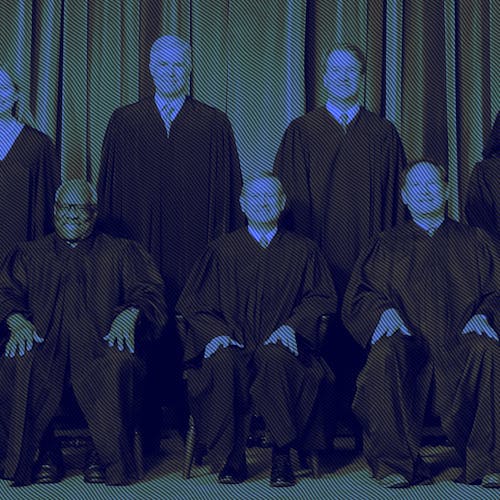COMMENTARY: Diversity promotes strength, open-mindedness
Commentary

In January 2018, I wrote an article titled "Diversity May be more Divisive than Unifying" in The Daily Targum. After new life experiences and upon seeing new evidence, I strongly began to question this thesis.
My confrontation with my own previous work began last spring, when I took the opportunity to study abroad at The Hebrew University of Jerusalem. I learned with students from an endlessly diverse set of backgrounds. My flatmate was from Latvia. I had classmates from all over the United States and all over the world, from China to Turkey to Mexico. One of my best friends, whom I still talk to daily, is from Indonesia.
I went to language exchanges, attended Bible studies with Christians and meditations with Buddhists who fled the Soviet Union in the '80s and '90s. Outside of school I had the chance to talk to Jews and Arabs as well as Israelis and Palestinians about their views towards religion, culture and, of course, the conflict in the region.
My friends and I enjoyed the diversity around us so much that we made it a priority to visit the local hostels (I would highly recommend Cinema Hostel) in order to meet the next group of tourists the week had to bring.
In short, my study abroad experience was defined by its diversity, and I loved every second of it. More recently, I saw Americans from all backgrounds come together to fight a global pandemic and provide comfort to each other in unprecedented times.
I know this all sounds trite, but what is trite is often true. These experiences made me appreciate Rutgers for its diversity. It dawned on me that I had a diverse environment right at home in New Brunswick and did not need to travel thousands of miles away to feel it. I have always valued diversity of thought, but I failed to realize that diversity of thought requires a diversity of backgrounds and life experiences. They go hand in hand.
In my 2018 article, I throw out a lot of facts. But, straight facts without proper context does not paint a complete picture. For example, I mentioned the research by Robert Putnam, who found that ethnic diversity is correlated with a decline in social capital. Upon investigating more rigorously, I discovered that many researchers found deep flaws in this study.
As a piece in The Scientific American notes, sociologists Maria Abascal, of Princeton University, and Delia Baldassarri, of New York University, published a paper late last year which refutes Putnam’s conclusions.
After reanalyzing the same dataset used by Putnam, Abascal and Baldassari asserted that when it comes to distrust and diversity, most of the distrust is expressed by white people who feel uncomfortable living among racial minorities. Therefore, Putnam’s conclusion that racial diversity leads to less altruism and cooperation amongst neighbors was incorrect.
I came to understand that many of the societal issues that are blamed on diversity, such as alienation and atomization, may have more to do with our economic system than anything else. My deeper dive into research about diversity led me to countless new insights. One idea that stood out is that diversity makes us more creative, open-minded and smarter.
A few years ago, I wrote an article that simplified a complex issue. Now I understand that my personal positive experiences with diversity extend to political systems on a much larger level. Finding consensus in diverse societies is not without its challenges, but it is a challenge that we should, and will, overcome in the name of a more open minded, interesting and unified world.
Jacob Miller is a Rutgers School of Arts and Sciences alumnus with a bachelor of the arts in political science.
*Columns, cartoons and letters do not necessarily reflect the views of the Targum Publishing Company or its staff.
YOUR VOICE | The Daily Targum welcomes submissions from all readers. Due to space limitations in our print newspaper, letters to the editor must not exceed 900 words. Guest columns and commentaries must be between 700 and 900 words. All authors must include their name, phone number, class year and college affiliation or department to be considered for publication. Please submit via email to oped@dailytargum.com by 4 p.m. to be considered for the following day’s publication. Columns, cartoons and letters do not necessarily reflect the views of the Targum Publishing Company or its staff.



